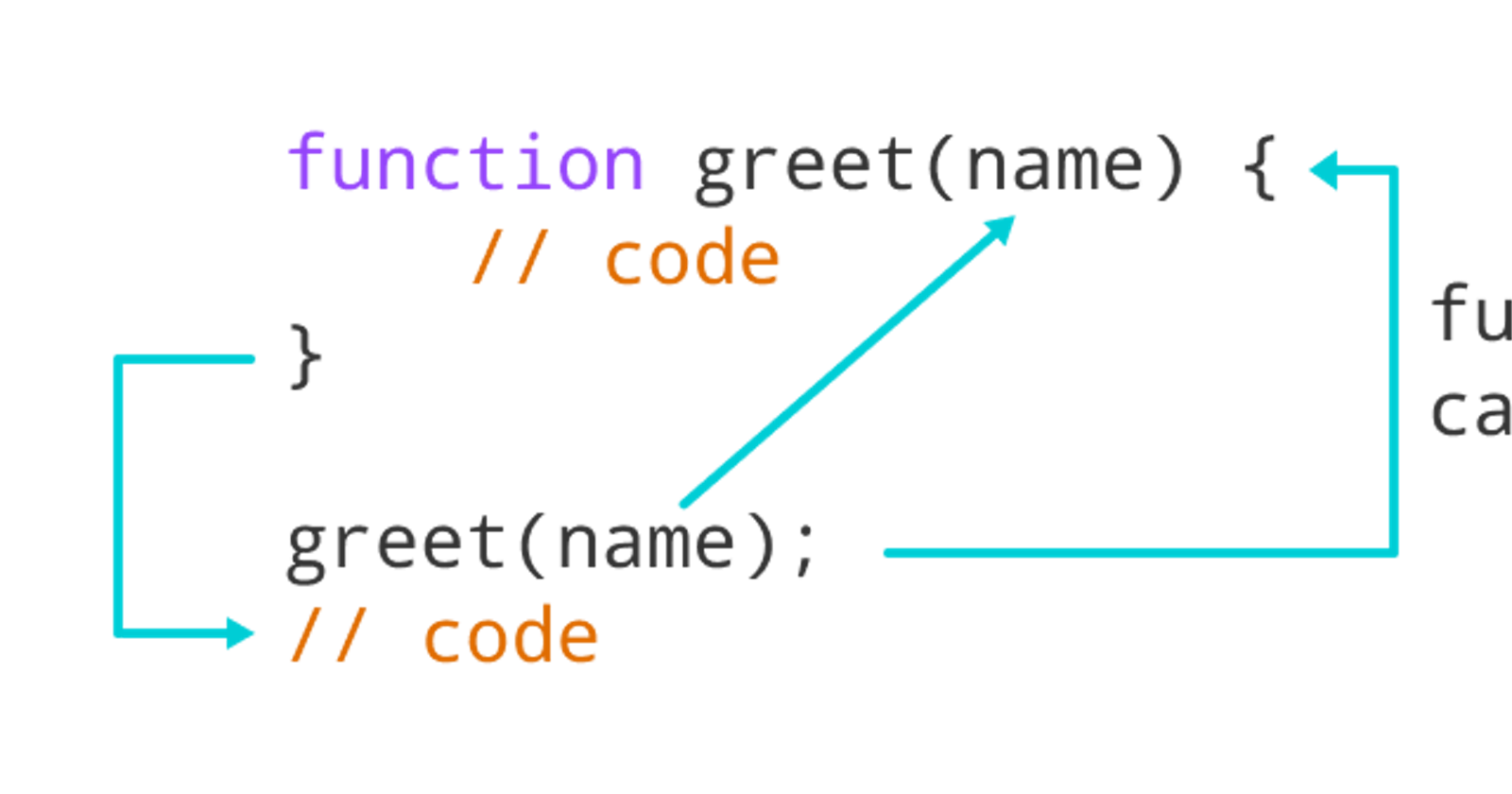Functions are one of the fundamental building blocks in JavaScript. A function is a reusable block of code that performs a specific task. It can accept input in the form of parameters and can return a value.
Here's an example of a simple function that adds two numbers:
function add(a, b) {
return a + b;
}
In this example, add is the name of the function, and a and b are the parameters. The function returns the sum of a and b.
To call this function, you can simply use the function name followed by the arguments in parentheses:
var sum = add(5, 10);
console.log(sum); // Output: 15
This code calls the add function with arguments of 5 and 10. The function returns 15, which is then assigned to the sum variable. The console.log statement then outputs the value of sum.
Functions can also be defined using function expressions or arrow functions. Here's an example of a function expression:
var multiply = function(a, b) {
return a * b;
};
And here's an example of an arrow function:
var subtract = (a, b) => {
return a - b;
};
Both of these functions work the same way as the add function, but are defined using different syntax.
